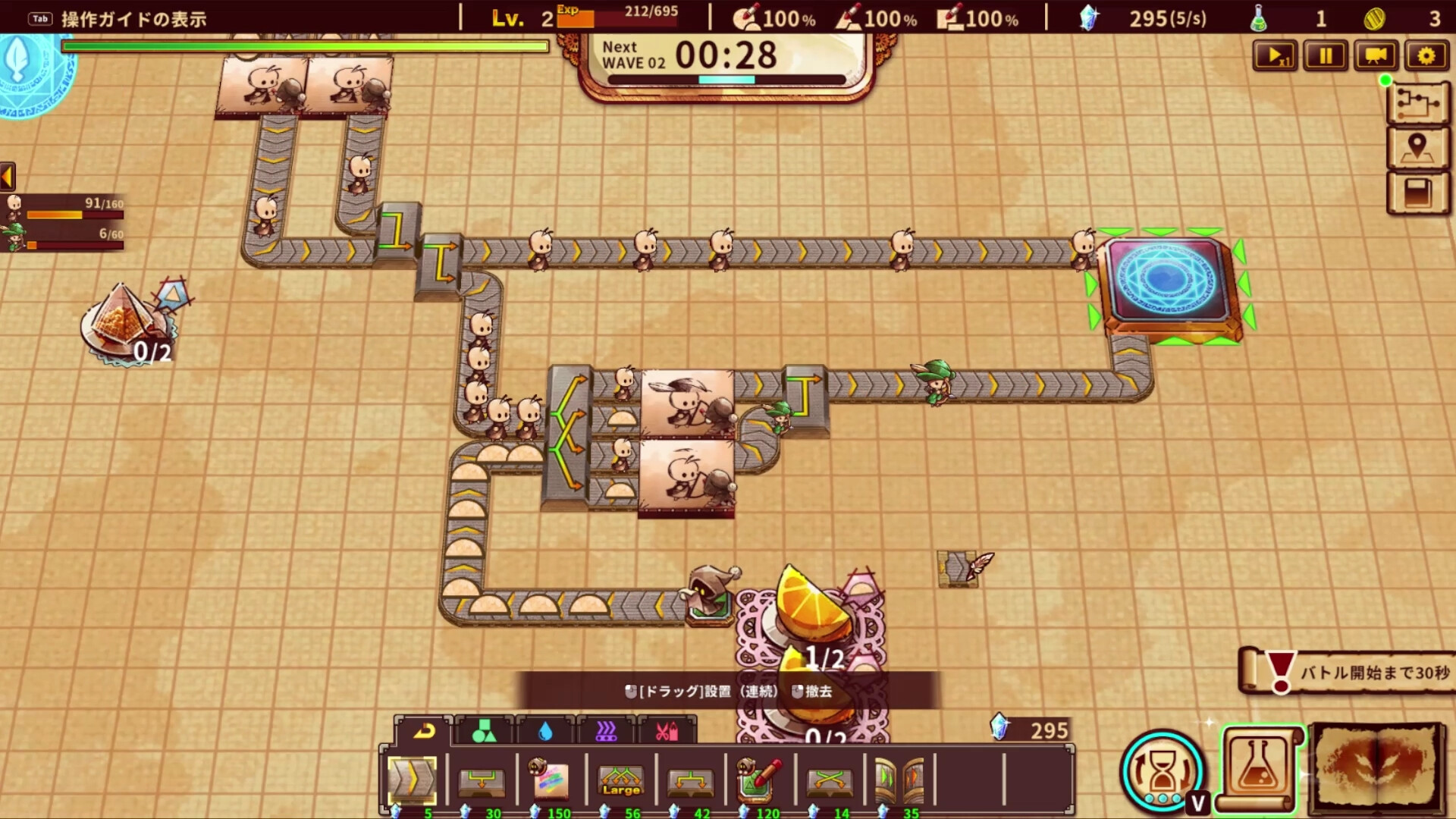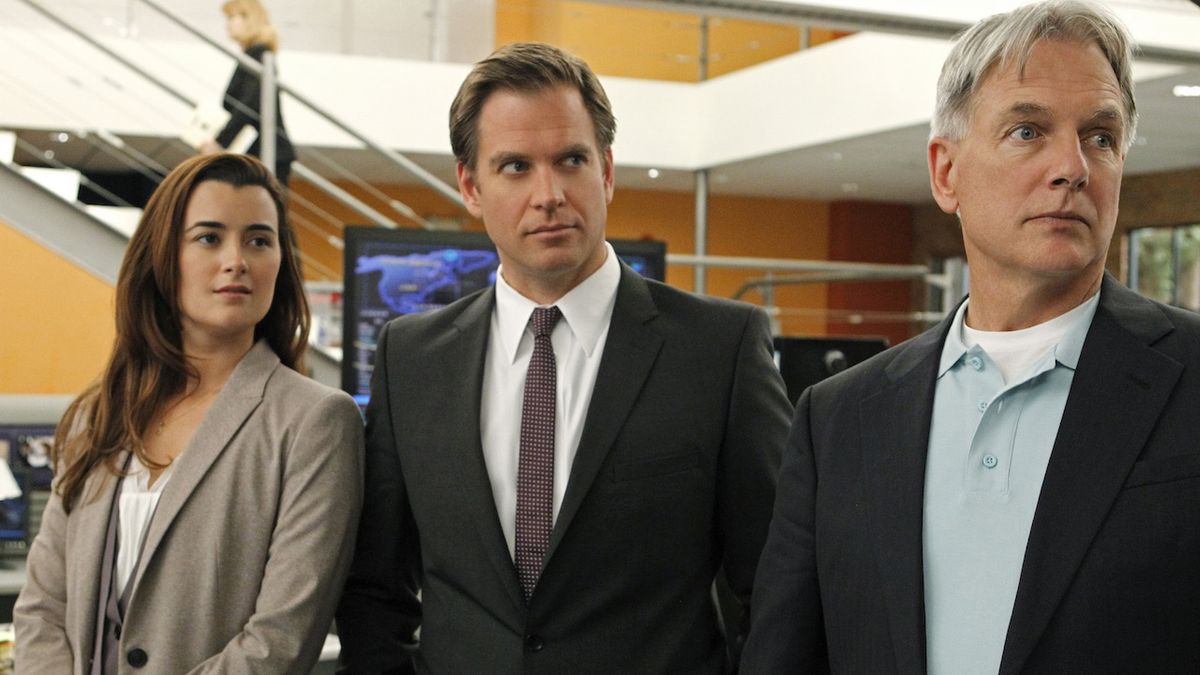WASHINGTON (AP) — As a junior at George Washington University, Ty Lindia meets new students every day. But with the shadow of the Israel-Hamas war hanging over the Washington, D.C.
, campus, where everyone has a political opinion, each new encounter is fraught. “This idea that I might say the wrong thing kind of scares me,” said Lindia, who studies political science. “You have to tiptoe around politics until one person says something that signifies they lean a certain way on the issue.
” He has seen friendships — including some of his own — end over views about the war. In public, he keeps his stance to himself for fear that future employers could hold it against him. “Before Oct.
7, there wasn’t really a big fear,” said Lindia, of Morristown, New Jersey. A year after Hamas’ attack in southern Israel, some students say they are reluctant to speak out because it could pit them against their peers, professors or even potential employers. Social bubbles have cemented along the divisions of the war.
New protest rules on many campuses raise the risk of suspension or expulsion. Tensions over the conflict burst wide open last year amid emotional demonstrations in the aftermath of the Oct. 7 attack.
In the spring, a wave of pro-Palestinian tent encampments led to some 3,200 arrests . The atmosphere on U.S.
campuses has calmed since those protests, yet lingering unease remains. In a recent class discussion on gender and the military at Indiana University, sophomore.

















